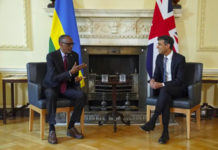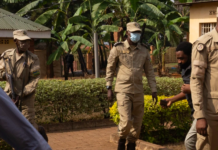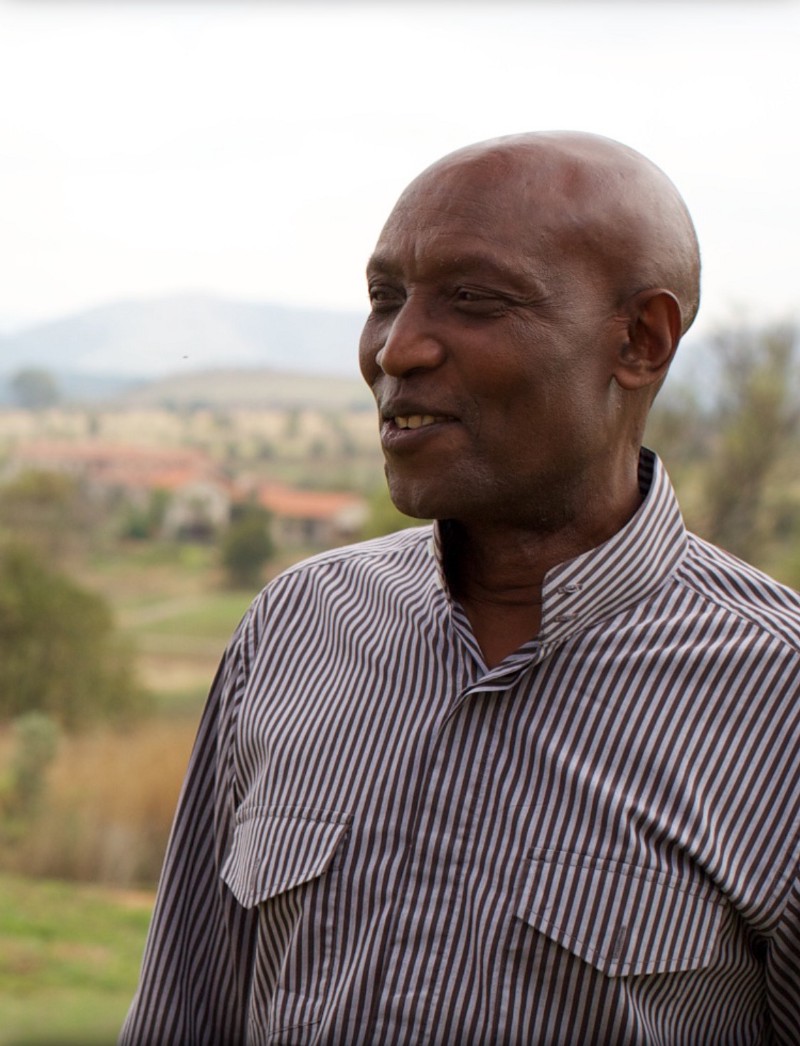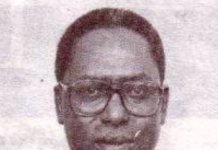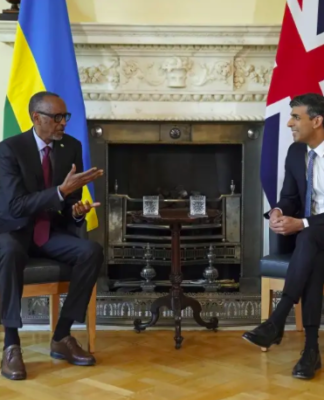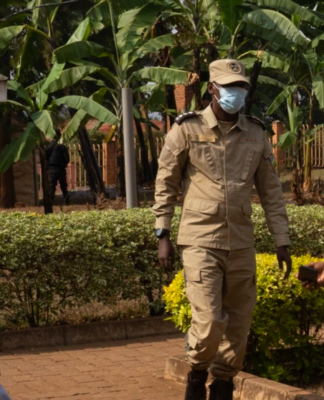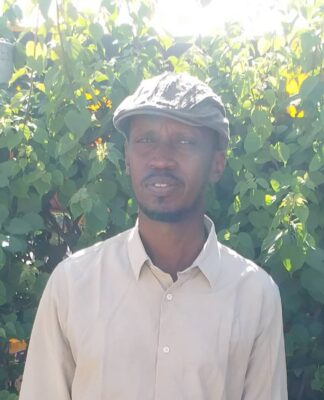By The Rwandan Lawyer
Having fled the country for his security, his property is declared abandoned and after a judgment declaring him debtor of the state and other creditors, the state proceeded to sale on auction of his building alleging unpaid taxes. This execution overtly unlawful was submitted to the East African Court of Justice and the latter declared the plaintiff winner. Meanwhile, in a sort of retaliation, the public prosecution of Rwanda is suing him before the intermediate court of Nyarugenge for embezzlement of huge amounts belonging to UTC astonishingly his own property. The present article assesses the issues arising from those contradicting judgments and their respective effects as far as hierarchy of courts and the effects of their decisions are concerned.
Facts
The Rwandan government seized the US $20 million commercial facility in 2013 and auctioned it off in 2017. Both of these moves have recently been judged as illegal by the East African Court of Justice (EACJ), with a decision having been handed down in November of 2020. Upon seizing the UTC, the Rwandan government revoked Ayabatwa’s citizenship, as well, despite the fact that he was born in the country and guaranteed citizenship by Rwanda’s Constitution.As justification for their actions, the Rwandan government alleged the UTC was an abandoned property because Tribert Rujugiro Ayabatwa resided outside Rwanda. This reasoning does not hold up to scrutiny, however, as the UTC is home to 80 thriving businesses and nearly 500 employees. Additionally, the facility was managed by a strong local team in good standing with the National Registrar of Companies at the Rwanda Development Board (RBD).In August of 2015, the government declared the UTC a tax defaulter of US $1.4 million—a claim rendered absurd by the fact that the government itself had been managing the mall since its seizure two years earlier and had been collecting rents from the businesses it houses for that same duration. Effectively, this meant that the government was defrauding itself of tax money and then using that as grounds to label the UTC a tax defaulter. Finally, after two years of threats, the Rwandan government auctioned off the UTC for US $8 million, significantly less than half its actual value. By that time, the government had also collected around US $7 million in rent from the businesses in the UTC.Without recourse in his home country, Tribert Rujugiro Ayabatwa took the Rwandan government to the EACJ, which ruled that the seizure and auctioning off of the UTC were both illegal. The court ordered the Rwandan government to pay all court costs, provide an accounting of the rental and sale proceeds of the UTC between its seizure in 2013 and its auctioning off in 2017, and compensate Ayabatwa for general damages with the sum of US $500,000 plus 6% per annum from the date of judgment until full payment. While Ayabatwa is extremely pleased by the court’s ruling, he is nonetheless appealing the decision, as he had no intention of selling the mall and wishes to recover it. Now, in what can only be viewed as a retaliatory move, the Rwandan government has made a new allegation that Tribert Rujugiro Ayabatwa and his associates embezzled US $458,058 from UTC in 2011. In response to this accusation, Ayabatwa commented, “The US $458,058 being cited as fraud was in fact a loan I acquired during the construction of the mall. UTC accounts including said loan were approved by the Rwanda Revenue Authority in their 2011 audit,” adding with mounting incredulity, “How is it that Rwandan authorities just discovered that I ‘stole’ money from my own business 10 years ago? This legal maneuver introduced after the government lost the UTC case in EACJ is simply not credible. We categorically reject this absurd allegation.”
Analysis
There is overtly noted a contradiction between the two judgments. in fact, the Rwandan court dismissed the person concerned and demanded that his property be auctioned to pay taxes and other debts and his judgment was executed. The EACJ is seized of the same problem and this time condemns Rwanda for having infringed the rights to the private property of its citizen. To which court can one apply the primacy?
Issue of primacy of the supranational court over domestic courts
Radovan Karadzic, the Bosnian Serb leader who presided over a brutal war of ethnic cleansing, has twice been indicted for war crimes by a United Nations Tribunal in the Hague.’ He nonetheless proposed that his case, and those of other indicted Serbs from Bosnia and Herzegovina, be tried locally by the courts of his homeland. The international community immediately dismissed this suggestion as a transparent attempt to circumvent justice.4 But just why is his proposal unacceptable? Is it because the local Bosnian courts to which he would submit cannot be relied upon to try him fairly,’ or because the International Tribunal has a prior right to try all the major war crimes cases from the war in Bosnia and Herzegovina? The first explanation assumes the jurisdiction of the supranational tribunal to be merely complementary to that of national courts, while the second asserts the primacy of the supranational tribunal over the jurisdiction of all national courts. In this logic, the decision of the EACJ deserves to prevail on all Rwandan courts ‘decisions and be enforced in favor of Rujugiro Tribert.
Issue of enforcement of regional courts judgments
EAC is a supra national authority created by the Member States wherein they expressly ceded some of their sovereign powers to EAC to act in their common interest. Therefore, in respect of those areas where the Member States have ceded part of their sovereign powers to EAC, the rules made by EAC supersedes rules made by individual Member States if they are inconsistent. In the same line, the judgments rendered by the EACJ created by those member states are expected to be enforced on domestic level without any hindrance. Unfortunately, camped on their interests, states see it as a violation of their sovereignty and reject any decisions that compromise them. As evidence among many cases judged by this court namely against Uganda,Kenya,Burundi and Rwanda,only Kenya manifested a good will to comply with the court orientation and amended its laws which were violating electoral rights. A dispute arose at the conclusion of the election of Kenya’s representatives to the second Assembly in 2006, leading to the reference by the applicants to the EACJ claiming that the process of nomination and election adopted by the National Assembly of Kenya had been contrary to article 50 of the EAC Treaty in so far as no ‘election’ was held nor any debate allowed in Parliament on the matter.
Furthermore, they contended that the 2001 Election Rules did not allow for direct election of nominees to the EALA by citizens or residents of Kenya or their elected representatives and, therefore, were null and void for being contrary to the letter and spirit of the EAC Treaty. In addition to the reference, the applicants successfully made an interlocutory application for injunctive orders barring the swearing-in of the Kenyan nominees pending the final determination of the reference.
The respondents for their part argued that only the High Court of Kenya had the jurisdiction to determine questions of legality of elections conducted in Kenya, and that an assumption of jurisdiction thereon by the EACJ would be a usurpation of the national court’s functions. Furthermore, the government of Kenya contended that only the Attorney-General of Kenya could file a suit in the public interest, hence the applicants had no locus standi before the Court.
The Court in its final decision held that the 2001 Election Rules did not provide for a voting procedure for choosing or selecting the representatives to the EALA and were thus inconsistent with article 50 of the EAC Treaty.
The reasoning of the Court was grounded on the fact that the Rules failed to provide for actual parliamentary debate and approval of party nominees to the EALA and, thus, the ensuing process did not amount to an ‘election’ as contemplated by the EAC Treaty. Thus, Kenya had violated the provisions of article 50 of the EAC Treaty by holding a ‘fictitious election in lieu of a real election’. The Rules merely turned the national assembly into a rubber-stamping entity, approving the names of nominees submitted to it without any inquiry into their suitability for the position.
The immediate effect of the decision was that, since the Kenyan nominees to the EALA could not validly take office, the EALA could not conduct its business as it was not fully constituted as required by the EAC Treaty. Consequently, the Kenyan Parliament on 23 May 2007 passed fresh nomination rules in the form of the Treaty for the Establishment of the East African Community (Election of Members of the Assembly) Rules 2007. These Rules set out an elaborate procedure for election of Kenya’s EALA representatives taking into consideration the concerns raised by the EACJ in its judgment in the Anyang’ Nyong’o case. According to these Rules, Parliament must debate and approve the nominees for the position of EALA members. Fresh ‘elections’ of Kenya’s nominees were therefore conducted under these new Rules.
From a human rights perspective, the outcome of compliance by Kenya was legal reform in the nature of development of a more representative and more democratic framework for the election of members of the EALA from Kenya consistent with the EAC Treaty requirements, hence giving effect, among others, to the right to political participation and effective representation in the regional parliament.
However, going beyond the compliance by Kenyan authorities in passing new election rules, the decision has had a considerable influence across the member states, as is demonstrated below.
Conclusion
Considering the ins and outs of the case of Rujugiro Tribert which imbricate economic and political issues, any analyst may greatly appreciate the work of the Court and its ruling in his favor. Nonetheless, the UTC case reveals yet again, the relentless challenges facing the business community in Rwanda. Once an investor puts his or her money in Rwanda, the battle begins for staying in business in a hostile environment whereby the government is a predator instead of a partner in wealth and employment creation. For a small poor country like Rwanda, this hostile attitude sends a negative message that Rwanda is not open for business. Hopefully, the government will learn from the UTC case ruling and change its approach to investors in Rwanda.
Concerning the issue of effectiveness of EACJ judgments on domestic level, if there was a mandatory treaty obligation on the member states to vest the EACJ with human rights jurisdiction, it would then be assumed that the EACJ would have more impact on national human rights practices if it were able to issue binding decisions to reinforce the Community’s human rights commitments as stipulated in its founding Treaty. Moreover, the progressive integration of the EAC into a political federation requires a correspondingly robust framework for the promotion and protection of human rights, which would include an EACJ with clear jurisdiction to hear and determine the fate of complaints relating to the violation of human rights with coercive decisions in its of effective enforcement.

